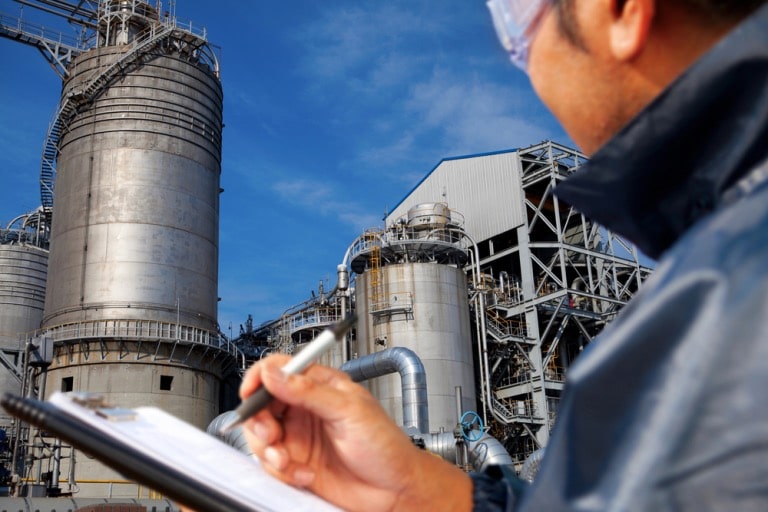Essential Resources for Industrial Facilities Management

Industrial facility management hinges on integrating dependable tools and cutting-edge software, ensuring that every aspect of production operates seamlessly, from compressors humming in the background to conveyors transporting goods.
Slicers and finishers must work in concert with blenders, transforming raw materials into finished products with precision and efficiency. A well-equipped facility, supported by the proper technological infrastructure, stands poised to excel in productivity and innovation.
In this article, we’ll delve into the essentials of crafting an environment where management thrives, supported by robust systems and keen strategies. Keep reading to discover the vital resources to streamline your operations and solidify your facility’s competitive edge.
Essential Tools and Software for Effective Industrial Facility Management
Industrial facilities that manage food processing demand reliable equipment to streamline their operations. Each component is pivotal, from juicers that extract the essence of fruits and vegetables to high-capacity condensers integral to chilling systems.
Genemco, a supplier of quality used industrial equipment, understands the importance of reliable tools. Businesses in need of new equipment or replacement equipment can turn to companies like Genemco to help maximize operations while minimizing financial expenditure.
In addition to quality equipment, tactical software that oversees these systems provides an essential intelligence layer for facility management. It not only aids in orchestrating daily operations but also contributes to predictive maintenance schedules. This hardware and smart analytics integration supports a seamless production continuum in the most demanding industrial environments.
Building Maintenance and Management in Industrial Settings
Industrial facilities house crucial equipment, machinery, and inventory that are essential for daily operations. Regular maintenance ensures that these assets are in optimal working condition, reducing the risk of downtime and costly repairs. Additionally, a well-maintained building provides a safe and productive work environment for employees, enhancing overall efficiency and morale.
Effective building management also plays a key role in ensuring regulatory compliance and meeting industry standards. By keeping up with maintenance schedules and inspections, industrial facilities can prevent accidents, mitigate potential risks, and maintain a positive reputation within the industry.
Moreover, proper maintenance can extend the lifespan of equipment and infrastructure, ultimately saving businesses significant costs in the long run. Additionally, exterior building maintenance and management are significant for industrial operations due to their direct impact on efficiency, safety, and overall business success.
Specifically, exterior awnings help regulate the building’s temperature by reducing the amount of direct sunlight that enters through windows and doors, thereby lowering cooling costs and creating a more sustainable environment.
Exterior awnings can also enhance the overall appearance of industrial buildings, making them more visually appealing and modern. Depending on where the business is located, managers can search for “Highlands Ranch repair, recover, and service awnings,” for example, to find quality awning service in the area.
Training and Development Resources for Facility Management Teams
Continuous training is necessary to navigate the challenges of managing an industrial facility. Understanding that heavy-duty appliances like liquid chillers have complex functions, management teams must be adept at overseeing their operations. Proper training ensures that teams not only meet but exceed the unique requirements for maintenance and operation.
Facilitating a learning environment that champions exceptional customer service bolsters a facility’s strong reputation. This commitment to service comes from a well-versed staff proficient in the technicalities of industrial management and having the soft skills necessary to satisfy a dynamic workforce.
Equipping personnel with advanced knowledge permits them to handle an array of equipment effectively, from slicers to liquid chillers. Applying a hands-on approach to training empowers the facility maintenance crews, ensuring precision and competency in their daily tasks.
Specialized developmental programs cater to the unique requirements of each sector within the food processing industry. By fostering expertise in technological advancements, teams are prepared to tackle challenges head-on, maintaining a seamless operational workflow.
Overall, integrating reliable equipment, performing quality building maintenance, and incorporating essential training is crucial for enhancing efficiency and productivity in industrial facility management. By prioritizing these measures, facilities can sustain optimal operations, ensuring they remain competitive in the dynamic landscape of industrial production.




